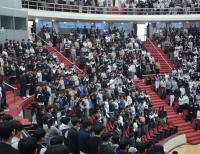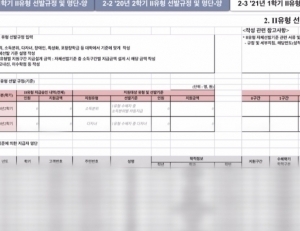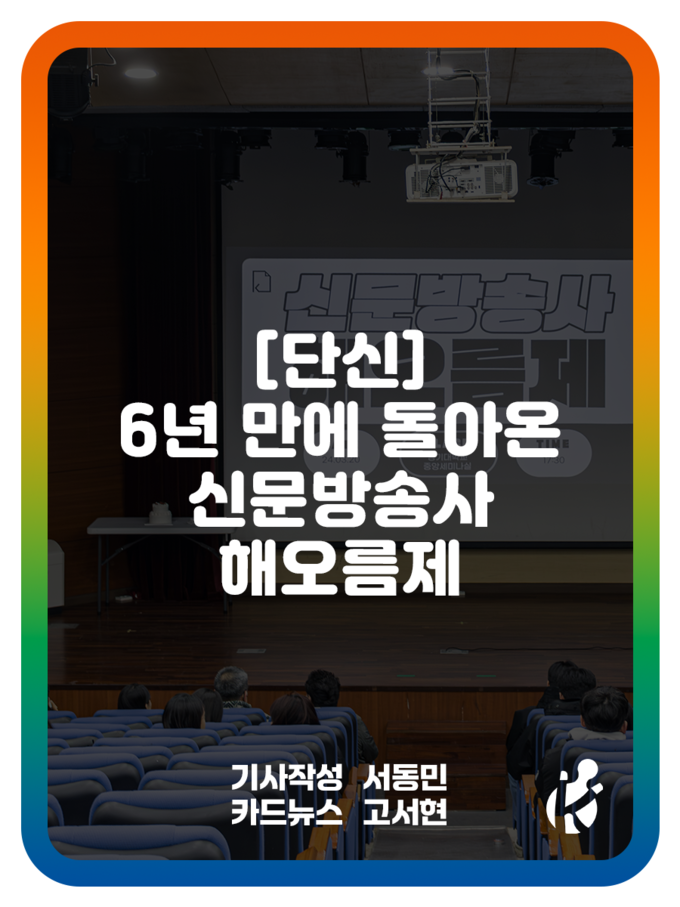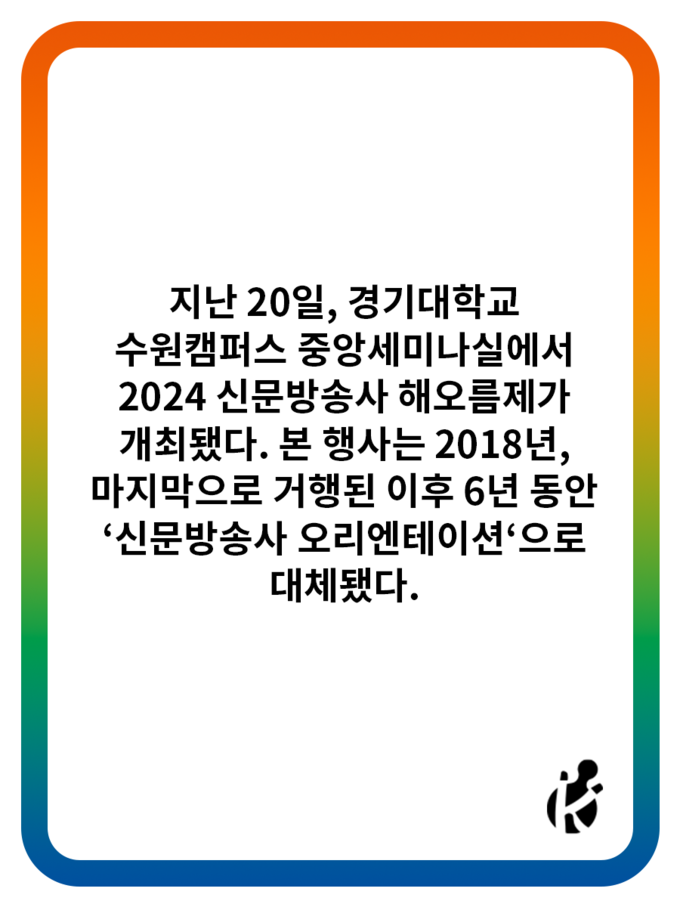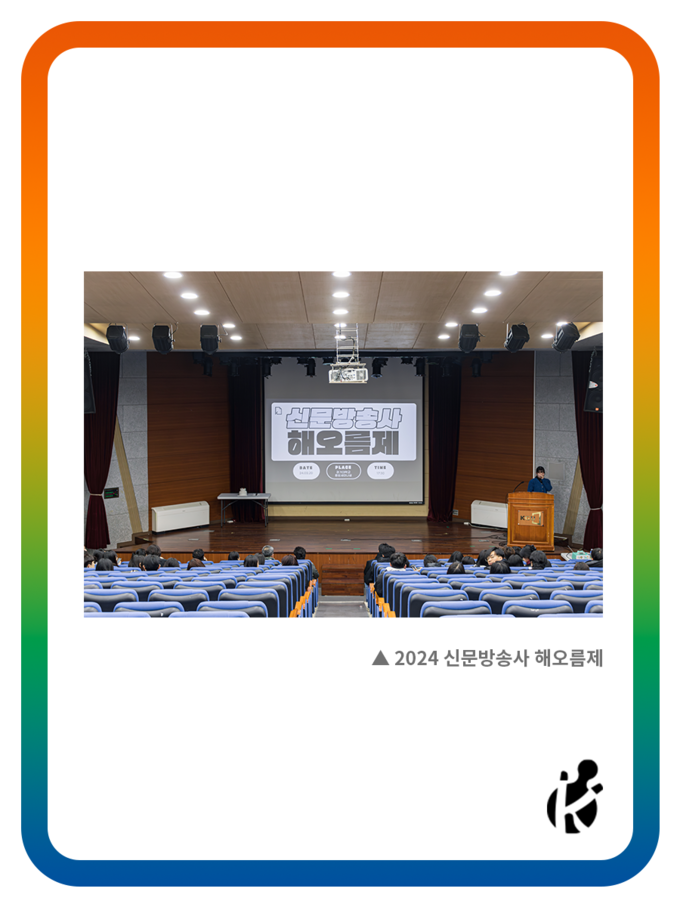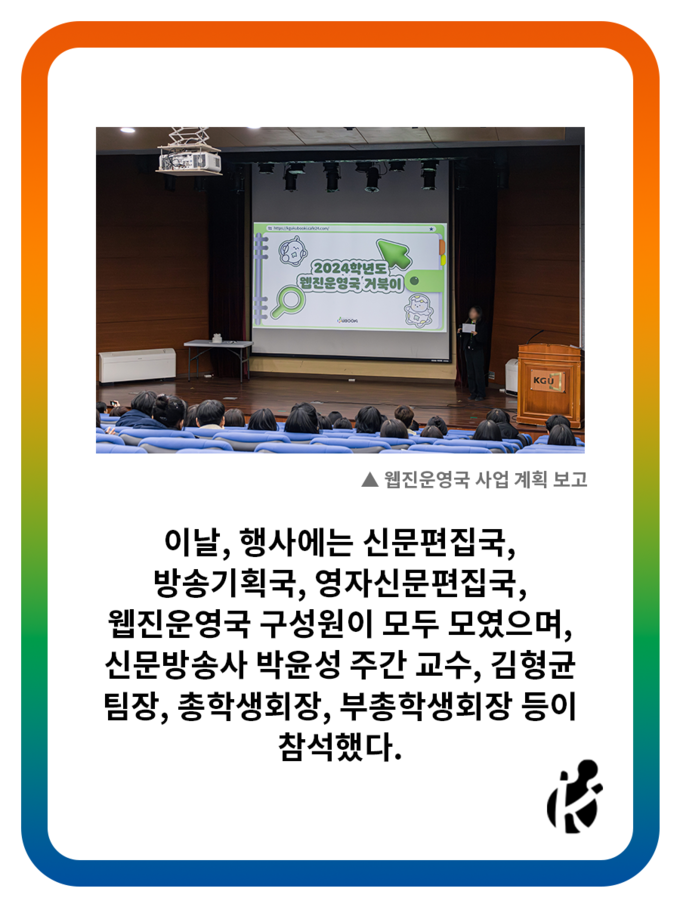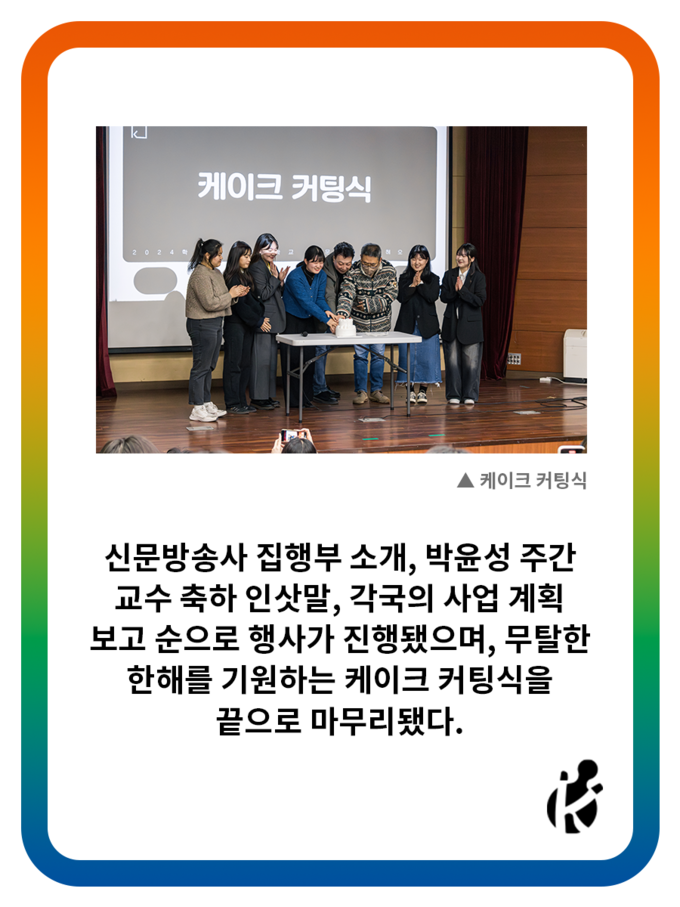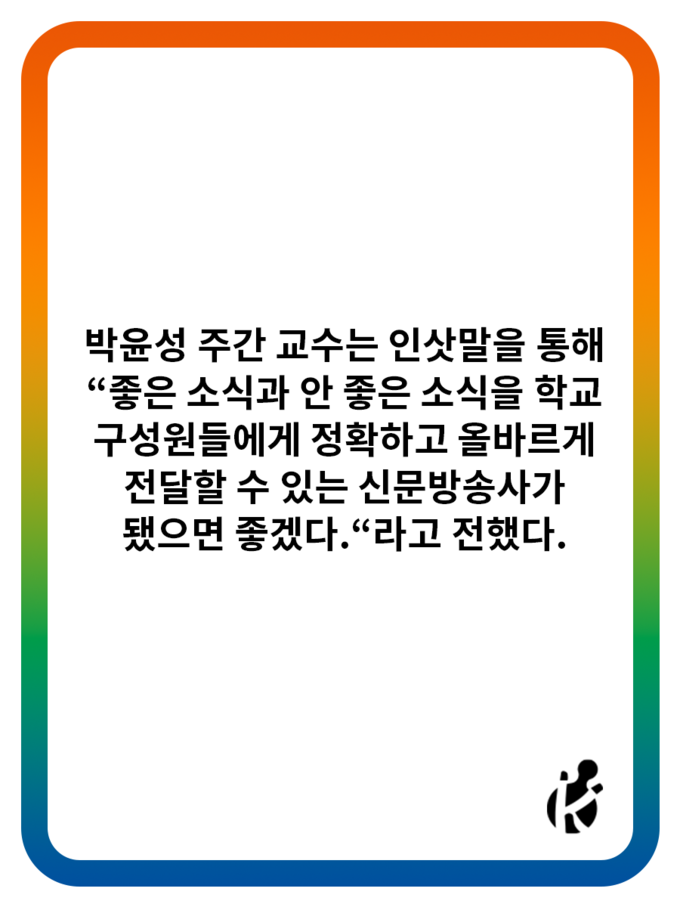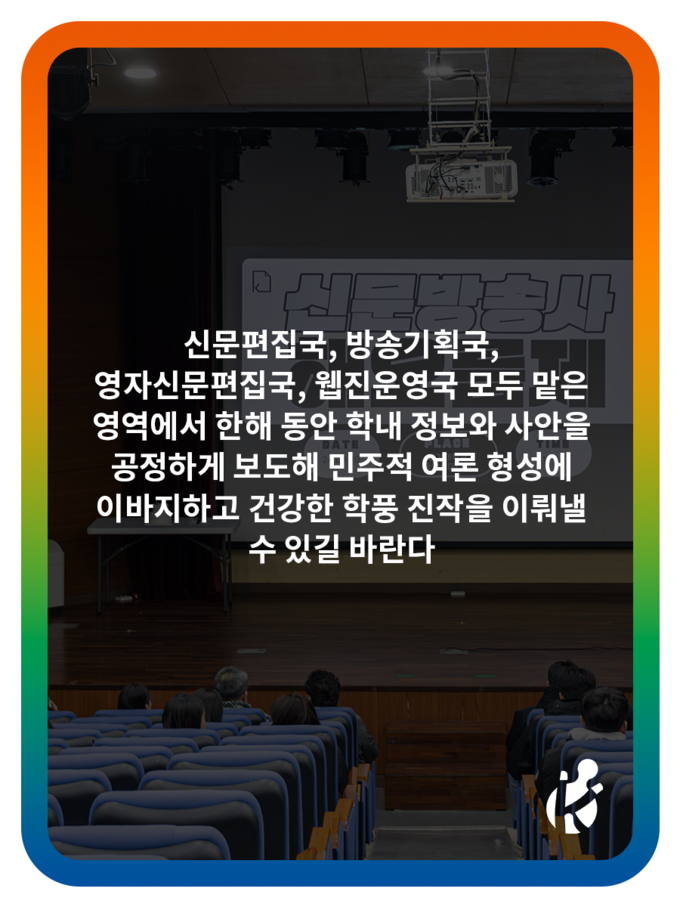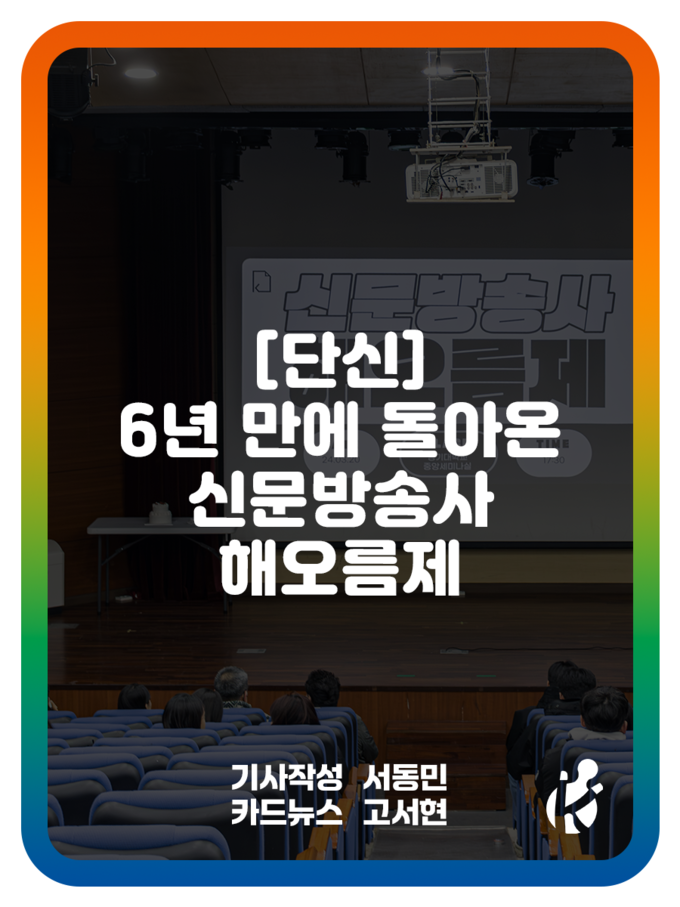On the surface, The South Korean media and broadcasting organizations are considered independent organizations. South Korea is a democratic country where freedom of expression is given. However, some people think the government secretly has control over the media. For example, when the government, lawmakers, or the president do something that might cause problems in South Korean society, media, and various portal sites are plastered with rumors of celebrity romance or their past, covering up big issues with other big issues. Through the media, government agencies spread stories that are easily misleading to the public to cover their mistakes. On the contrary, when articles about famous celebrities suddenly pop up, people doubt them. This is because celebrities are often used as a means of covering up the government's mistakes.
Brazil’s Media
The television is the most consumed type of media in Brazil, followed by the internet, radio, and newspapers, respectively. Rede Globo has the largest audience; the corporate group Globo leads ratings on TV, the internet, and newspapers. As TV is the most used form of information, there is a high risk of Globo monopolizing information. Moreover, this has indeed happened as people are now starting to discuss “media education” and how to properly consume information amid the global trend of “fake news.”
The Rede Globo, the 1st TV media outlet of Brazil, was created during the military dictatorship that started with the military coup in 1964, and some tendencies of information manipulation can still be spotted. The government itself does not have control of the media, but most politicians are somehow financially and socially connected with media outlets. This leads to speculations which can be drawn, and these speculations are usually very well grounded on facts. There are laws in Brazil that protect against large ownership of markets, as well as rules against different outlets joining forces to build a similar narrative. However, these regulations are not enforced and openly disrespected. The few agencies that can observe transactions and enforce those laws don’t actively regulate the media market. Therefore, very few people, most of whom are involved in politics, own big slices of media companies. The media companies in Brazil are not obligated to show their financial statements and therefore they choose not to. Media owners and political affiliations are not transparently publicized. These connections are usually exposed by investigative reporters and only shared when prompted. In Brazil, most well-known politicians are involved in business. They are individuals from the high-income class who own shares in companies, including media channels. It’s hard to legally prove the relationship (or maybe the legal system just turns a blind eye), but the narrative of the media does indeed back up the people they have connections with. Also, many reporters get their content rejected if the content might hurt a certain political party. There is a budget for the government to use for advertising and social campaigns; the percentage distribution of this budget should depend on audience and technical market data. Nevertheless, in 2016, some media outlets received way more than their fair share when compared to their audience, ranging from 100% to 1300% more. An independent investigator from a non-traditional media outlet stated that the only thing in common between these media outlets is that their content was directly and indirectly in favor of the impeachment of Dilma Rousseff. It is possible to point out that the powerful media outlets in Brazil have a conservative political bias, but sometimes they might take progressive approaches to support certain political changes if “their party is in favor of it”. By law, expression is free, however individuals can sue media outlets if their content hurts their identity and dignity. There is no specific law for the media. The cases that were ruled in favor of civilians’ groups were based on the civil codes against discrimination.
The media should focus on sharing information and not on creating narratives for others. However, impartiality difficult to achieve; media outlets should be free to voice their opinions. What is seen in Brazil is media companies exploiting their power regarding the audience for the benefit of certain politicians and parties. Even if there is no direct connection with political parties, we should encourage “media education” and teach people how to properly consume information and build critical thinking. Media should be a source of information, not a source of opinion.
Vietnam’s Media
In Vietnam, the media is an organization of political parties, regions, politics, society, and art organizations, a forum of the people, and an important tool to protect the interests of the people. All citizens have the right to present, speak, and contribute their opinions in all areas of social life through the media. Like other countries around the world, Vietnam has established legal regulations to restrict and prohibit the use of freedom of speech with regard to infringing on the interests of the state, the rights of organizations, and citizens. Freedom of speech is highly valued and guaranteed in Vietnam. "Everyone has freedom of speech and expression. It includes not only the freedom to abide by opinions without interference, but also the freedom to find, obtain, and spread information and ideas by any media." Freedom of speech is already guaranteed in Vietnam. In addition, for the process of international integration, Vietnam has a spirit to actively acquire and learn advanced experiences from other countries in order to better realize freedom of expression and freedom of speech for the majority of the people. At the same time, the law stipulated that no one should abuse freedom of speech or use it to infringe on the interests of the state, legitimate rights, and the interests of organizations and citizens.
All citizens are free to maintain their views and to find, accept, and share information, but they should be within the limits of the law, not recklessly committing slander, fraud, leaking state secrets, or violating the freedom of others. Freedom of expression is a human right to freely find, accept, and convey one's opinions and information on all areas of social life. The first role of the media is to summarize the covered information in an easy-to-understand manner and deliver it quickly and accurately to the public.
Regime change is essential to regulate the government’s control of the media. This is because if a government exclusively controls society, the power of the media weakens. As a result, media organizations can act as a means of keeping them in check. According to this opinion, South Korea is a country where regime change is flexible. That is why dozens of other media sources can keep them in check even if one form of media is controlled by the government. From this point of view, there are many media outlets that are still awake in South Korea. The media should take an insightful view of the government and society. They should report the news to citizens from an objective perspective. There are journalists who sometimes blur the essence of articles with provocative titles and content. It’s a pity that true articles are buried in articles that are overly attentive to the number of views on media sites or that dazzle audience. Pharos hopes that journalists who can be critical of the public and give their views to them will exist in all countries beyond South Korea’s society.
Editor-in-Chief·GONG JIN YOUNG·wlsdud03520@naver.com
International Reporter·Mitchell de Morais Pereira Amanda·amitchellm4s@gmail.com
International Reporter·TRAN THI THU NGOC·thungoctran99@gmail.com
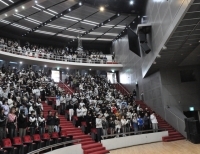 What Happened in KGU? : 수원캠퍼스 학생총회 편
On April 4th, a general meeting of students was held in the Tele-convention center at the Suwon campus. The contents were the same as the general meeting of students in the Seoul campus: the first part was for agenda announcement, the second part was about the Membership Training for whole university, and the third part was simple Q&A time. In the first part, the agendas were all the same as the ones for the Seoul campus, and the result of the ...
What Happened in KGU? : 수원캠퍼스 학생총회 편
On April 4th, a general meeting of students was held in the Tele-convention center at the Suwon campus. The contents were the same as the general meeting of students in the Seoul campus: the first part was for agenda announcement, the second part was about the Membership Training for whole university, and the third part was simple Q&A time. In the first part, the agendas were all the same as the ones for the Seoul campus, and the result of the ...

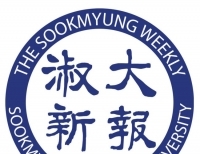 [타 대학보 축사] 경기대신문의 1100호를 진심으로 축하드립니다
[타 대학보 축사] 경기대신문의 1100호를 진심으로 축하드립니다
 [와이파이] 큰 박스에 달랑 물건 하나, 과대포장 규제 정책 시행은 언제쯤
[와이파이] 큰 박스에 달랑 물건 하나, 과대포장 규제 정책 시행은 언제쯤
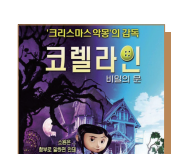 [문화산책] 이 세계는 멋져 보이지만 모두 환상이야
[문화산책] 이 세계는 멋져 보이지만 모두 환상이야
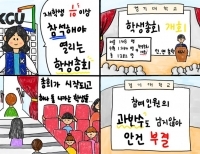 [네컷만화] 학생총회
[네컷만화] 학생총회

 목록
목록





